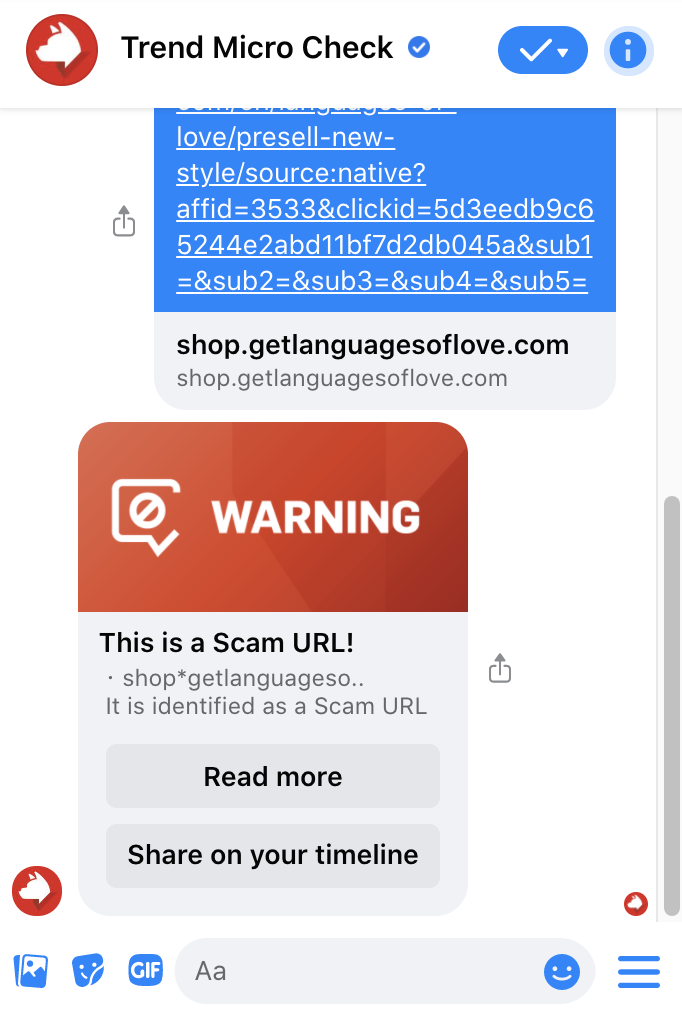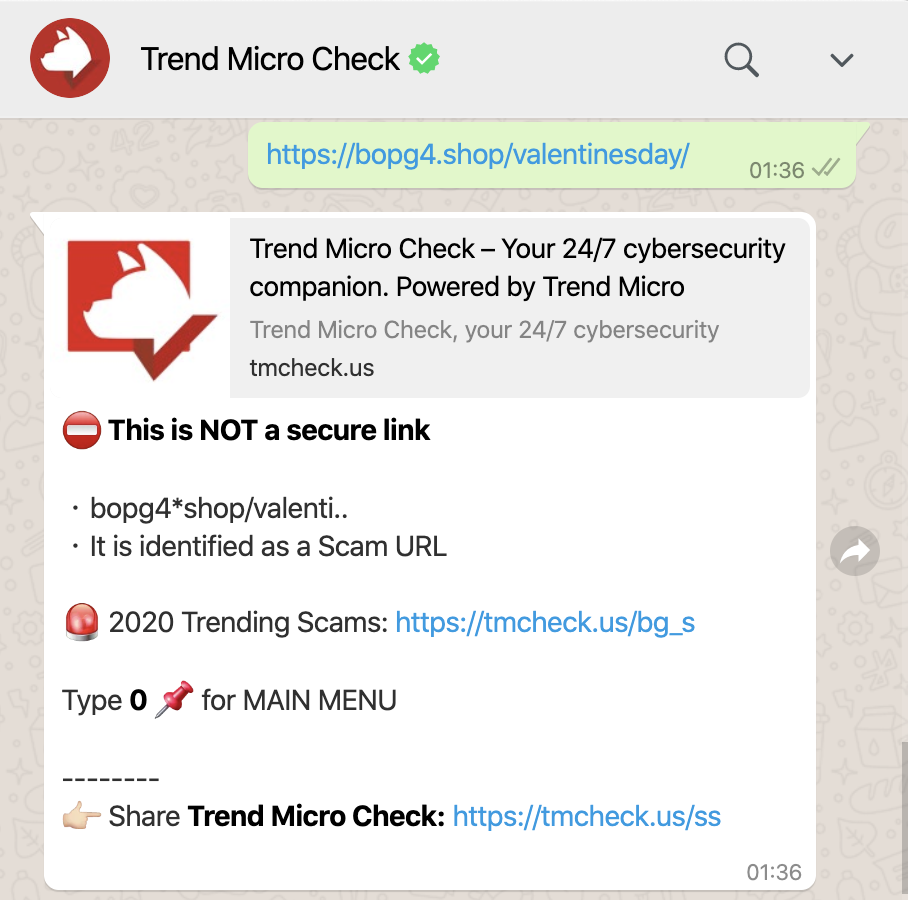Even though it’s only the beginning of February, many people are looking forward to Valentine’s Day, and so are the scammers – they are ready to steal your money or leave you heartbroken on this supposedly romantic day. In this post, we will share the 3 most common Valentine’s Day scams and how to avoid them. Can you spot them all?
Fake Valentine’s Day Shopping Websites
Are you looking for gifts for your special someone on Valentine’s Day? Be careful of Valentine’s Day online shopping scams!
A report shows that 73% of online shopping scam victims completed transactions but did not receive their products; 15% received an item different from described and could not refund in 2020. In fact, we have recently detected numerous fake Valentine’s Day shopping sites flourishing.

Here’s a list of common features of scammy online shops:
- “Too good to be true” campaigns
- Ads with typos and odd wordings
- Suspicious website addresses
- Websites with incorrect contact details
- Unusual customer reviews
- Strange payment methods
- Unclear policies/Terms & Conditions
How to avoid Valentine’s Day online shopping scams?
- Avoid direct purchases on social media platforms – there are often no guarantees regarding disputes, returns, or refunds.
- Never wire money to someone you don’t know. In some online shopping scams, the scammer (‘merchant’) asks the buyer to use payment methods other than those listed on the website, such as bank transfers or apps like Venmo, to complete transactions, claiming that there were technical difficulties with the original payment.
- Check if the web address is safe using ScamCheck. Send the shopping website address (weblink, URLs) to Trend Micro ScamCheck for immediate verification:


Valentine’s Day Lucky Draw/Survey Scam
How does it work?
Many lucky draw scam campaigns related to Valentine’s Day are spreading on WhatsApp. Scammers pose as well-known companies such as Durex and pretend to be doing giveaway campaigns. They create fake lucky draw pages that provide expensive products like iPhone 12, Samsung cellphone, or a free stay at 5-star hotels as rewards.

If you take a closer look, you’ll find a repetitive pattern of the layout and wording in similar scam cases. The “OK” buttons on the lucky draw pages are phishing links. Once you click it, it will take you to an online survey page where you’ll be asked to enter your personal or financial information, e.g., passwords or banking details.
The information will end up in scammers’ hands, and they can use it for other scams such as identity theft.
How to avoid Valentine’s Day lucky draw scams?
- Online giveaway campaigns that ask you to provide detailed personal information are suspicious.
- Don’t click on links from unknown sources. Use Trend Micro ScamCheck for immediate scam detection first:

Valentine’s Day Romance Scam
How does it work?
Scammers use many tricks during romance scams, but the outcomes are similar – after their target sends money, the scammers vanish. Here are some common tactics:
- Requests of money for emergencies. The scammers profess their love and offer marriage, but they can’t meet in person because they live too far away. Then, they claim that an emergency has occurred, and they’re in great need of money. Some scammers even claim that they have tested positive for COVID-19 and need financial support for treatment.
- Investment opportunities. The scammer tries to lure victims into investing by asking victims to wire money to them or sending them links to “investment applications.” These links are malicious or phishing links designed to trick the victim into signing to provide personal information to the scammers.
- Offers or gifts. The scammers claim that they want to send a gift from overseas, but a tariff or shipment fee is needed to send the goods. They ask the victim to wire money or send them prepaid cards.
- Intimate messages. Many victims have reported sextortion after exchanging private photos or having intimate video chats. The scammers threaten to send explicit images/screenshots to the victim’s contacts unless they receive money.
How to avoid Valentine’s Day romance scams?
- Don’t wire money to people that you only know from the internet. Requests for money should be a major red flag.
- Never give out your personal information such as phone numbers, addresses, passwords to bank accounts, or personally identifiable information (PII).
- Check before you click on any links. Use Trend Micro ScamCheck for immediate scam detection first!
Read more about romance scams: Common Romance Scams: Pig Butchering (Sha Zhu Pan), Fake Investment, Sextortion, … and MORE!
Did you successfully spot the scams? Stay safe and enjoy a happy Valentine’s Day! Remember, always CHECK before your next move. If you think Trend Micro ScamCheck is helpful, please SHARE to protect your family and friends.
2 Comments
- By Jim Anderson | February 9, 2023
- By What | February 9, 2023
